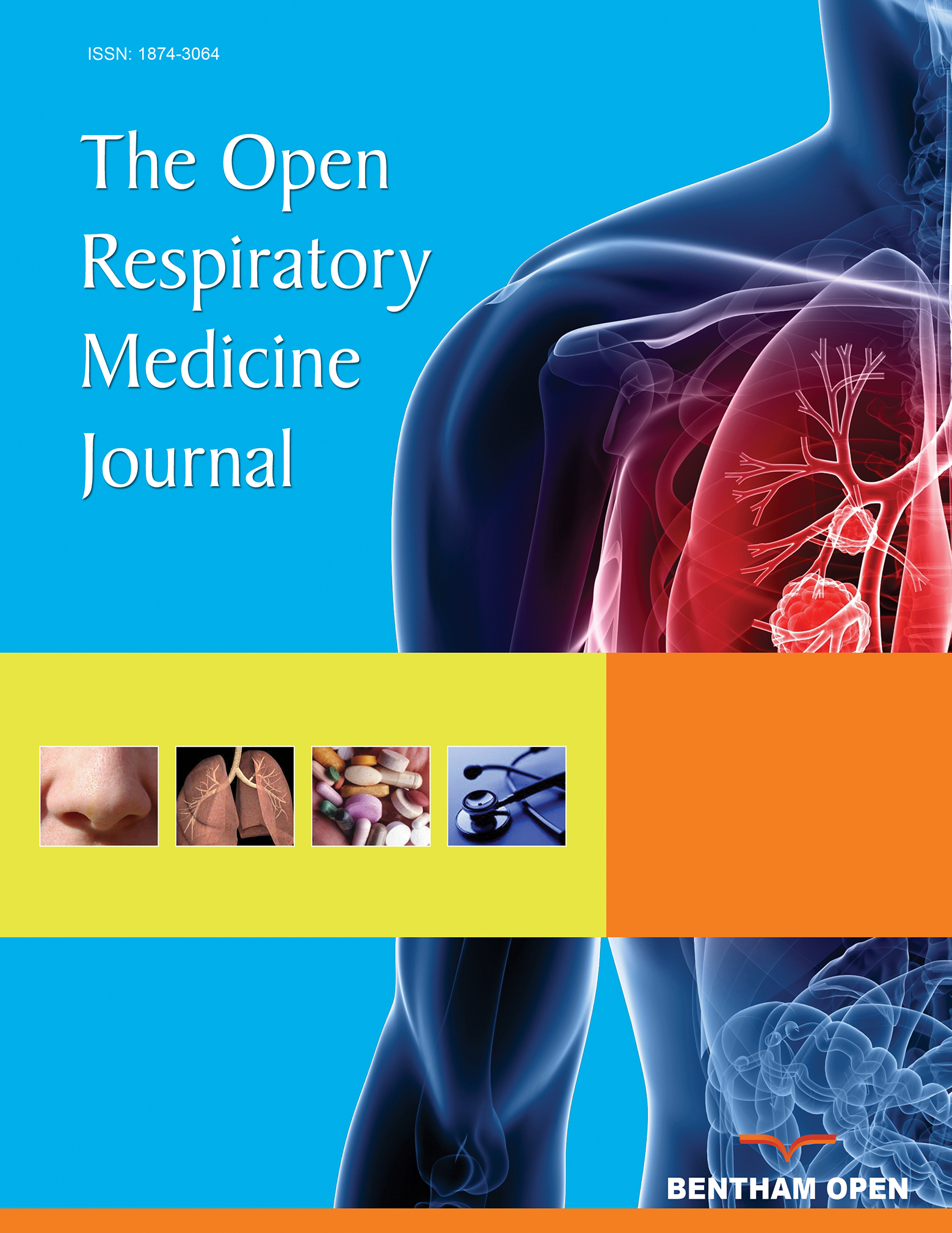All published articles of this journal are available on ScienceDirect.
Impaired Cardiovascular Response to Exercise in Patients with Severe Asthma: A Case-Control Study
Abstract
Background:
Although asthmatics may present reduced exercise capacity, data on their cardiovascular responses during exercise testing have been scarcely investigated. The aim of this pilot case-control study is to test: a) whether double product (DP), an index of cardiovascular reserve, differs among patients with severe and mild-moderate asthma, and b) whether DP is associated with asthma control level, physical activity (PA) and exercise capacity, in asthmatics population.
Materials and Methods:
A group of patients with severe asthma (group S) and a matched group of patients with mild-moderate asthma (group M) was studied. All participants completed asthma control and physical activity (IPAC) questionnaires, lung function measurements and six-minute walk test. The exercise capacity (as 6-minute walk distance (6MWD) and corresponding work), the Borg Dyspnea, the rating of perceived excursion and the average PA METS were recorded.
Results:
A total of 18 patients were studied. DP at exercise end was significantly lower in group S, compared to group M (16412.2±4732.1 vs. 18594.8±3984.4 mmHgXbpm; p=0.041) and was moderately associated with % predicted 6MWD (r=0.592; p=0.001). Group S patients were also presented with lower moderate intensity PA, compared to group M, while exercise capacity was similar between the groups. Asthma control level had no impact on exercise capacity nor PA parameters.
Conclusion:
Patients with severe asthma may have impaired cardiovascular reserve as established by DP, even when exercise capacity is indifferent from patients with milder disease. As an easy-to-assess parameter, DP may offer further information in the functional evaluation of these patients.


